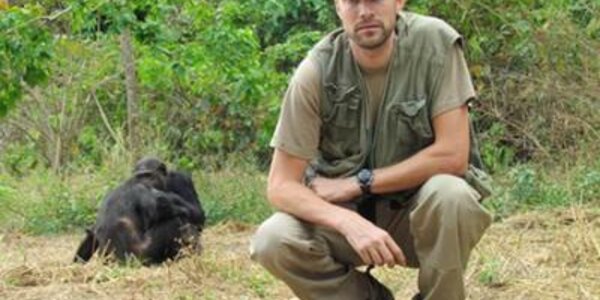Levallois Technique Rethink: Stone Age Tools Not African Invention
A new discovery of thousands of Stone Age tools has provided a major rethink about human innovation 325,000 years ago - and how early technological developments spread across the world.
The researchers found evidence which challenges the belief that a type of technology known as Levallois – where the flakes and blades of stones were used to make useful products such as hunting weapons – was invented in Africa and then spread to other continents as the human population expanded.
They discovered at an archaeological site in Armenia that these types of tools already existed there between…






